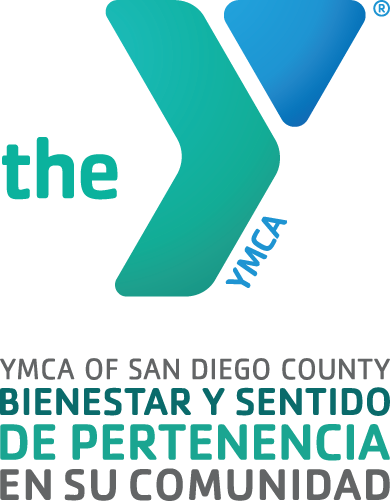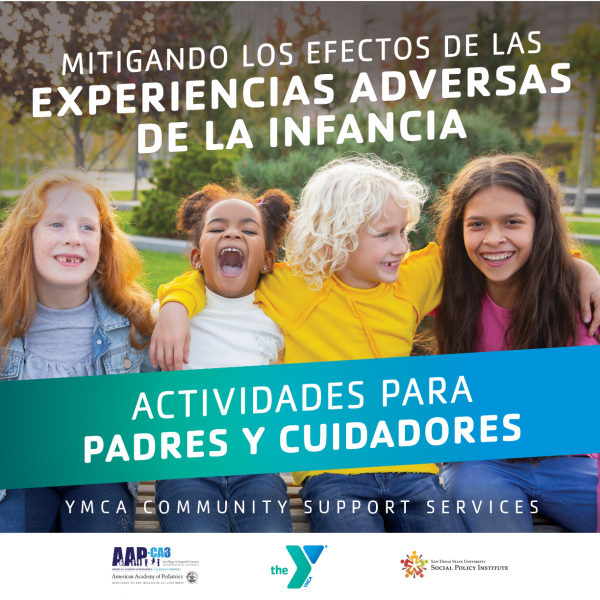Children don't come with a manual and knowing how to respond to individual child needs can be hard! Making sure that adult caregivers have access to information and support for positive parenting practices, as well as understanding child development, can help ensure that parents have resources to be the best parents they can.
5 THINGS TO KNOW
- Children’s bodies and brains grow and change quickly. Milestones track this development from infancy to adolescence like smiling, walking, talking, reasoning, puberty and many others. It is important to remember that each child develops at their own pace and has unique biology and experiences that shape their development.
- It is common for caregivers to feel stuck at times. Caregivers do not always know how to meet the psychological and physical needs of growing and changing children.
- Parenting toddlers and teenagers can be hard. These two time periods can be difficult because children are growing and changing in important ways. When caregivers know what to expect and have skills to effectively parent through these periods, caregivers and children can deepen their connection and bond.
- Seek guidance and gain skills through books, reliable child development websites, support groups and counseling support, or reach out to the child’s medical doctor for reliable resources.
- Consistency and predictability create safety for everyone in a household. They also make it easier to notice which changes may be leading to challenging behaviors and to positive behaviors. Creating routines and schedules are a first step to begin to create regularity for families.
ADDITIONAL RESOURCES
Zero to Three website
CDC Developmental Tracker website
DOWNLOAD FULL E-BOOK
LEARN MORE ABOUT ADVERSE CHILDHOOD EXPERIENCES








